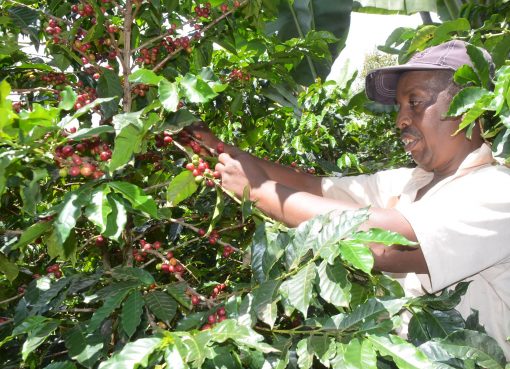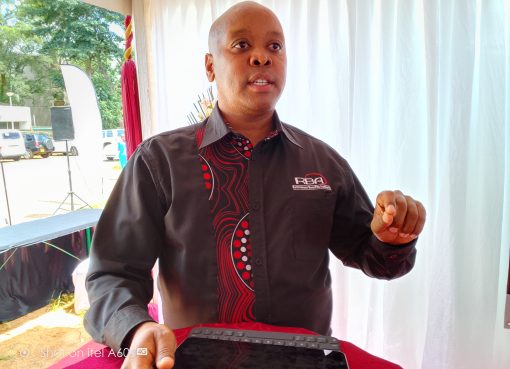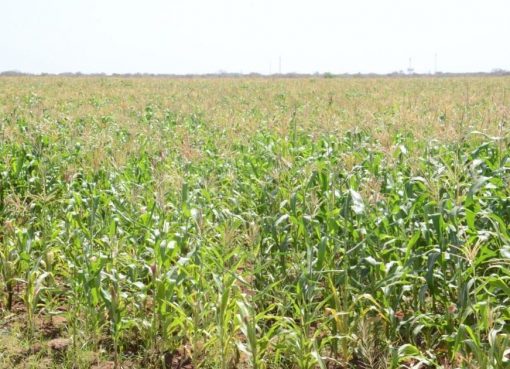Egerton Vice Chancellor Prof. Isaac Kibwage has emphasised the urgency of addressing food and nutrition security in the face of climate change, even as the university has positioned itself as an African City Region food systems’ hub.
Prof. Kibwage noted that the growing populations, coupled with shrinking arable land, demanded innovative approaches to agriculture for sustainable food production and nutrition security.
Speaking when he launched the Integrated and Circular Technologies for Sustainable City Region Food Systems in Africa (INCiTis–FOOD) Project’s on-site training workshop, Prof. Kibwage noted that the project offered a promising avenue for reshaping agriculture to meet future challenges in food and nutrition security.
“The project aims to develop integrated and sustainable food systems in urban African regions for enhanced food systems with a focus on local production of nutritious food, ensuring affordability and access, minimising food waste, and ensuring food stability,” he added.
Funded by the European Union, the project encompasses aquaponics, hydroponics, insect rearing, solar energy management, food safety, and water quality.
Participants in the two-week programme will gain practical insights into integrating agri-innovative concepts into farming practices, ensuring knowledge dissemination across various stakeholders such as Masters and PhD students, researchers, local farmers, and entrepreneurs.
Also at the launch, Acting Deputy Vice Chancellor (Administration, Planning, and Development), Prof. Richard Mulwa, looked forward to the project’s evolution into an aquaponics training centre at Egerton University that would promote knowledge sharing for the farmers in Nakuru County.
The project operates through a multi-actor approach, involving eight Living Labs across three African regions. The Living Lab in Kenya, hosted at Egerton University under Prof. George Owuor’s leadership, will play a pivotal role in developing tailor-made solutions to local challenges within Nakuru City.
The training was facilitated by Prof. Ranka Junge, Dr. Zala Schmautz, and Dr. Linda Tschirren from the Zurich University of Applied Sciences in Switzerland, as well as Ingo Bläser from the Aquaponik Manufaktur GmbH in Germany.





